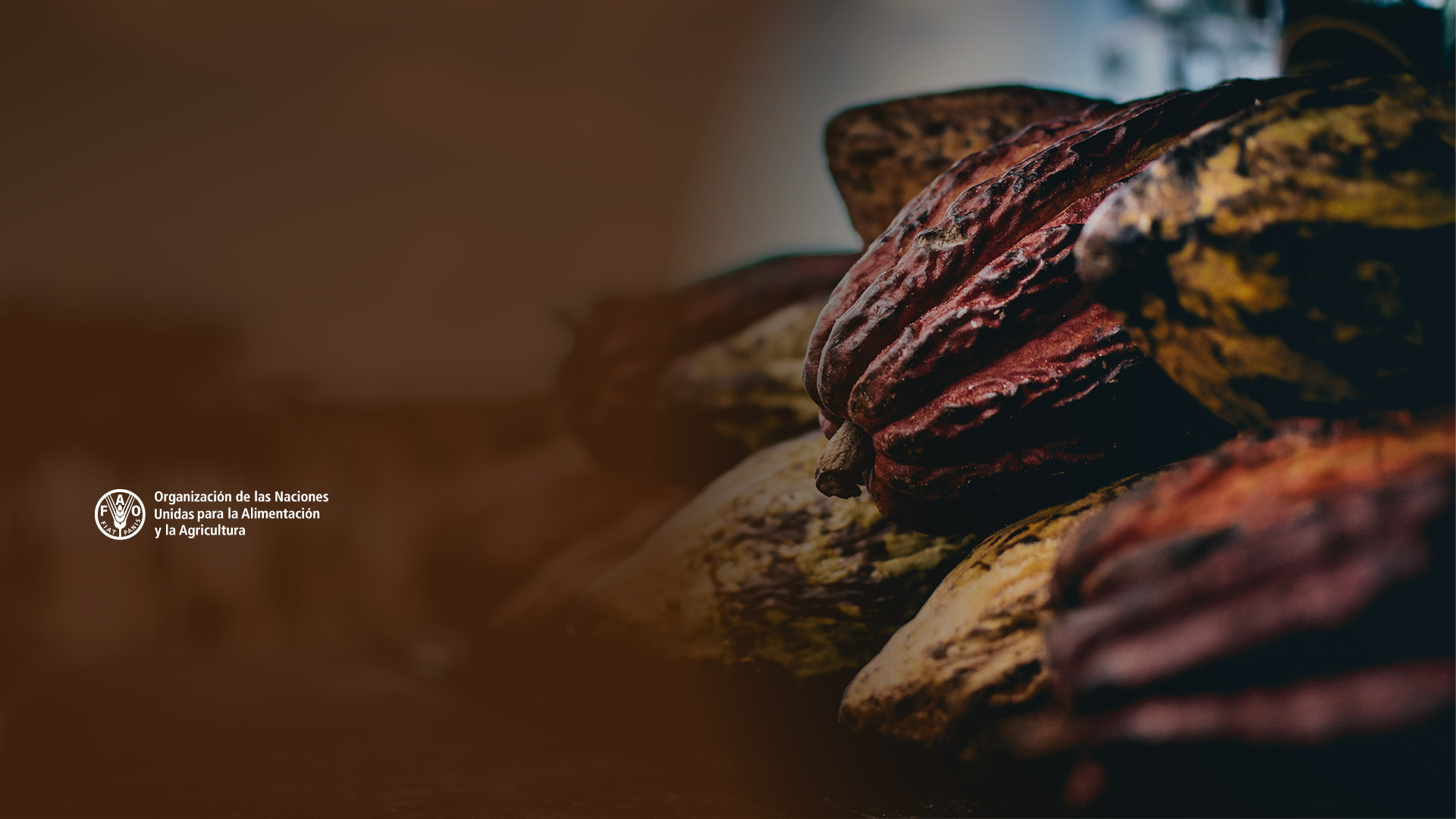
The Latin American and Caribbean region is extremely important worldwide in terms of cocoa production, but it is lagging behind in its industrialisation and has many problems in terms of maintaining international quality standards. The objective of an activity for this specific sector is to try to establish a protocol for cocoa production and its industrialisation with adequate management of the processes.
The cocoa bean, the source of cocoa and chocolate, is very important globally for a number of reasons; it is a global commodity, has a major economic impact, providing livelihoods for millions of farmers, particularly in cocoa-producing countries.
Cocoa products are among the most traded agricultural commodities in the world, with chocolate being a multi-billion dollar global business, as it is a popular ingredient in many cuisines, desserts and sweets around the world. Cocoa also has cultural significance in several regions and is fundamental for its role in biodiversity, as cocoa cultivation plays a role in its preservation by sustaining diverse ecosystems, providing habitats for diverse species of flora and fauna.
In this regard, it brings in the region not only economic benefits but also health benefits, especially in terms of cardiovascular health.
Similarly, given the popularity of this ingredient, it positively affects cocoa-related tourism, including visits to cocoa plantations and chocolate factories, which have gained popularity in gastronomic tourism, boosting local economies and providing educational experiences for visitors.
In Latin America and the Caribbean, cocoa is not only important for the aforementioned aspects, such as its importance in the economy and trade, for its export to important markets such as Europe and Asia, but also for its historical and cultural role due to its roots in Latin America and the Caribbean.
On the other hand, the region’s cocoa is considered to be of high quality and is therefore sought after by chocolatiers and gastronomic representatives from all over the world, since Latin America and the Caribbean often cultivate cocoa varieties with a fine taste.
In this regard, the Latin American and Caribbean Economic System (SELA) and the United Nations Food and Agriculture Organisation (FAO) are organising the Workshop: Cocoa Potentialities in Latin America and the Caribbean, as a space to exchange experiences on the international regulations required for exports, potentials and opportunities, as well as an opportunity to share best practices and lessons learned, creating a space for the creation of a network of regional contacts in the cocoa sector.
Date: Monday 22 April 2024
Time: 9:00am to 12:00pm
Format: Hybrid (face to face and online)
Virtual: https://bit.ly/49xeX3i
Aimed at: Cocoa producing countries in the region (Ecuador, Dominican Republic, Peru, Venezuela, Colombia, Costa Rica, Bolivia, Mexico, Brazil, Honduras, Nicaragua, Trinidad and Tobago, Jamaica and Grenada). Entrepreneurs and cocoa producers in the region.
| Day 22 April 2024 | |
| WORKSHOP: “Cocoa Potentialities in Latin America and the Caribbean” | |
| 09:00 – 09:30 | Registration |
| 09:30 – 10:30 | Opening Session
|
| 09:30 – 09:50 | Presentation: Status of cocoa production in the region
|
| 09:50 – 10:10 | Presentation: Projects and perspectives of the cocoa sector in Venezuela
|
| 10:10 – 10:25 | Question and answer session, conclusions and recommendations |
| 10:25 – 10:40 | Coffee Break |
| 10:40 – 11:00 | Presentation: Projection of the Venezuelan cocoa sector
|
| 11:00 – 11:20 | Presentation: Diagnosis of the potential of Latin America and the Caribbean in the cocoa industry. Puratos |
| 11:20 – 11:40 | Question and answer session, conclusions and recommendations |
| 11:40– 12:00 | Closing Session
|
